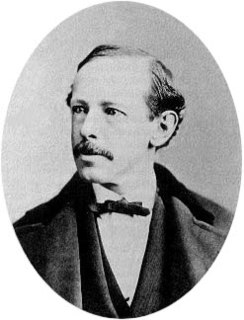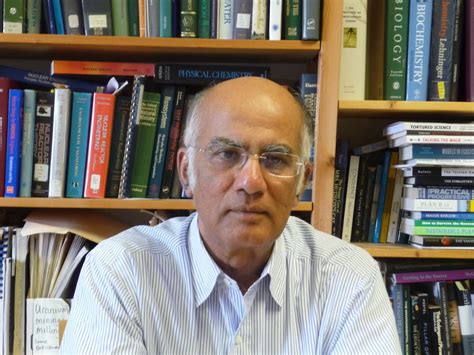A Quote by D.T. Suzuki
Among the most remarkable features characterizing Zen we find these: spirituality, directness of expression, disregard of form or conventionalism, and frequently an almost wanton delight in going astray from respectability.
Related Quotes
Though beauty is, with the most apt similitude, I had almost said with the most literal truth, called a flower that fades and dies almost in the very moment of its maturity; yet there is, methinks, a kind of beauty which lives even to old age; a beauty that is not in the features, but, if I may be allowed the expression, shines through them. As it is not merely corporeal it is not the object of mere sense, nor is it to be discovered but by persons of true taste and refined sentiment.
There are faces so fluid with expression, so flushed and rippled by the play of thought, that we can hardly find what the mere features really are. When the delicious beauty of lineament loses its power, it is because a more delicious beauty has appeared, that an interior and durable form has been disclosed.
Through death you find yourself, because you no longer identify with form. You realize you are not the form with which you had identified neither the physical nor the psychological form of "me". That form goes. It dissolves and who you are beyond form emerges through the opening where that form was. One could almost say that every form of life obscures God.
Nuclear weapons production and testing has involved extensive health and environmental damage .... One of the most remarkable features of this damage has been the readiness of governments to harm the very people that they claimed they were protecting by building these weapons for national security reasons. In general, this harm was inflicted on people in disregard of democratic norms. Secrecy, fabrication of data, cover-ups in the face of attempted public inquiry, and even human experiments without informed consent have all occurred in nuclear weapons production and testing programs.






























